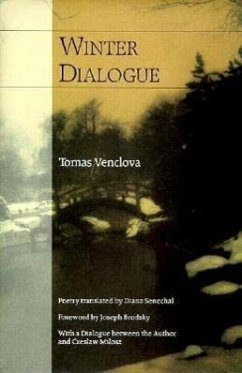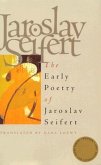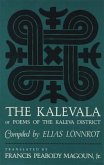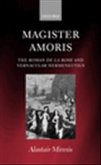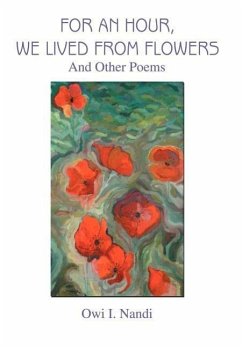This collection of thirty poems may be compared to the critical essays that have made Venclova famous. Venclova's major poetic accomplishment is his linking of intimate experience and historical incident in poems that are intensely contemporary at the same time as they reach back to the ethnic roots of an entire generation. Diana Senechal's deft translation from the Lithuanian - done in collaboration with the author - preserves both Venclova's lyric voice and the complex stanzaic patterns for which his poetry is known in his native country. Featuring an insightful introduction by the late Joseph Brodsky, and a fascinating exhange between Venclova and Nobel laureate Czeslaw Milosz about the city of their respective youths.
Hinweis: Dieser Artikel kann nur an eine deutsche Lieferadresse ausgeliefert werden.
Hinweis: Dieser Artikel kann nur an eine deutsche Lieferadresse ausgeliefert werden.

